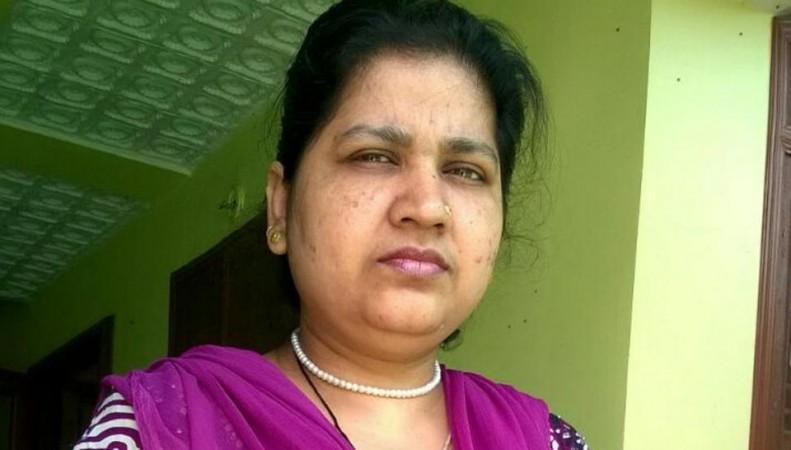![A Muslim woman prays as she and others assemble to spot the crescent moon, on the eve of the holy fasting month of Ramadan at the Jama Masjid (Grand Mosque) in the old quarters of Delhi, India. [Representational image] Ramadan 2015](https://data1.ibtimes.co.in/en/full/575338/ramadan-2015.jpg?h=450&l=50&t=40)
The Supreme Court on Tuesday, in its verdict, said that triple talaq will be suspended for the next six months in the country and that the government will have to come up with a legislation on the issue. The Court further said that if the law doesn't come to force then the injunction will continue. Till then, the practice will be termed unconstitutional.
Here are 5 Muslim women who filed petitions to challenge the practice of triple talaq.
Shayara Bano
A victim of the practice, Shayara Bano, a resident of Kashipur in Uttarakhand, was married to Rizwan Ahmed, a property dealer from Allahabad, in 2002. Bano is a mother of two - a 14-year-old son and a 12-year-old daughter.
She had petitioned to the apex court seeking a ban on triple talaq, polygamy and nikah halala after her husband posted a 'talaqnama' to her. She further mentioned that the man had been forcibly giving her pills which severely affected her health, according to a DNA report.

Ishrat Jahan
Ishrat Jahan had challenged the validity of the practice after her Dubai-based husband called her up and said 'talaq' thrice. Mother of four children, Ishrat moved the apex court against the practice of triple talaq (talaq-e-bidat) under the Muslim Personal Law.
Ishrat in her petition had said that the Muslim Personal Law (Shariat) application act of 1937 was unconstitutional as it violated the fundamental rights under the Articles 14 (equality), 15 (non-dicrimination), 21 (life) and 25 (religion).
Ishrat said that her husband and his family had been driving her out of the house and had even forcibly taken away her children.
Farah Faiz
One of the five petitioners, Farah Fiaz, in her plea to the Supreme Court, had said that triple talaq was not a form of divorce that was recognised by Quran. The woman, who is now a Supreme Court lawyer, runs an NGO called the Muslim Women's Quest for Equality in Uttar Pradesh. She is also the national president of RSS-associated Rashtrawadi Muslim Mahila Sangh.
Faiz alleged that the Muslim clerics ran parallel judicial system like trial courts and asked them not to go to the courts and further added that AIMPLB was not a legal entity but an NGO with a misleading name.
Also read: SC suspends 'triple talaq' for 6 months: All you need to know about the landmark judgement
Gulshan Parveen
Gulshan Parveen, another petitioner, is a resident of Rampur in Uttar Pradesh and got married in April 2013. Her husband had sent her a talaqnama on a stamp paper when she was staying with her parents.
When she refused to accept the talaqnama, her husband approached the Rampur family court for dissolution of their marriage. Gulshan reportedly stated that her husband used to beat her with iron rods.
Afreen Rehman
A Jaipur resident, Afreem Rehman, filed a petition with the Supreme Court after she received a divorce letter from her husband Syed Ashhar Ali Wari, to whom she got married in Auguist 2014. In her petition, she said that they got married through an online portal. Her in-laws had been 'mentally harassing' her by demanding dowry.

















